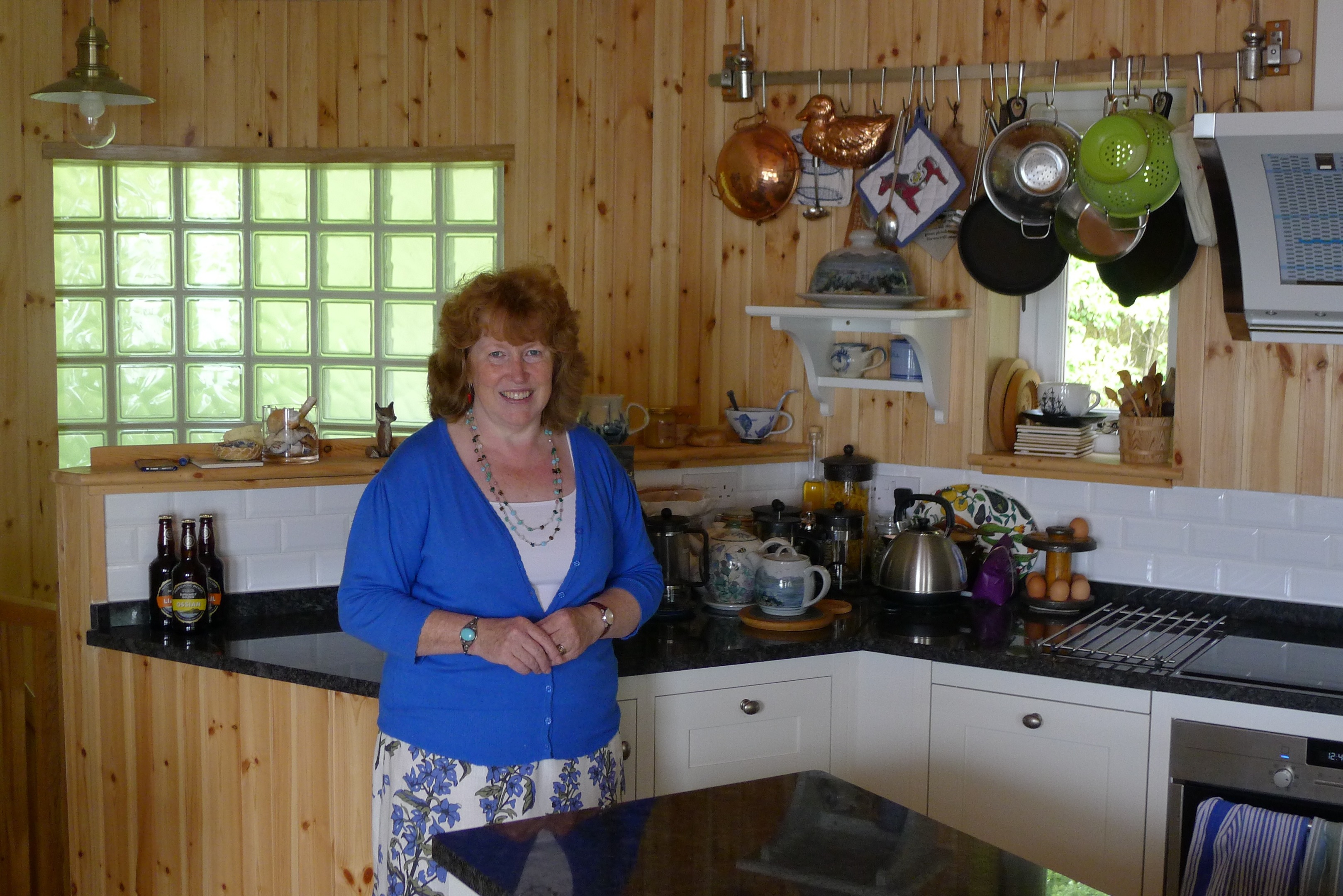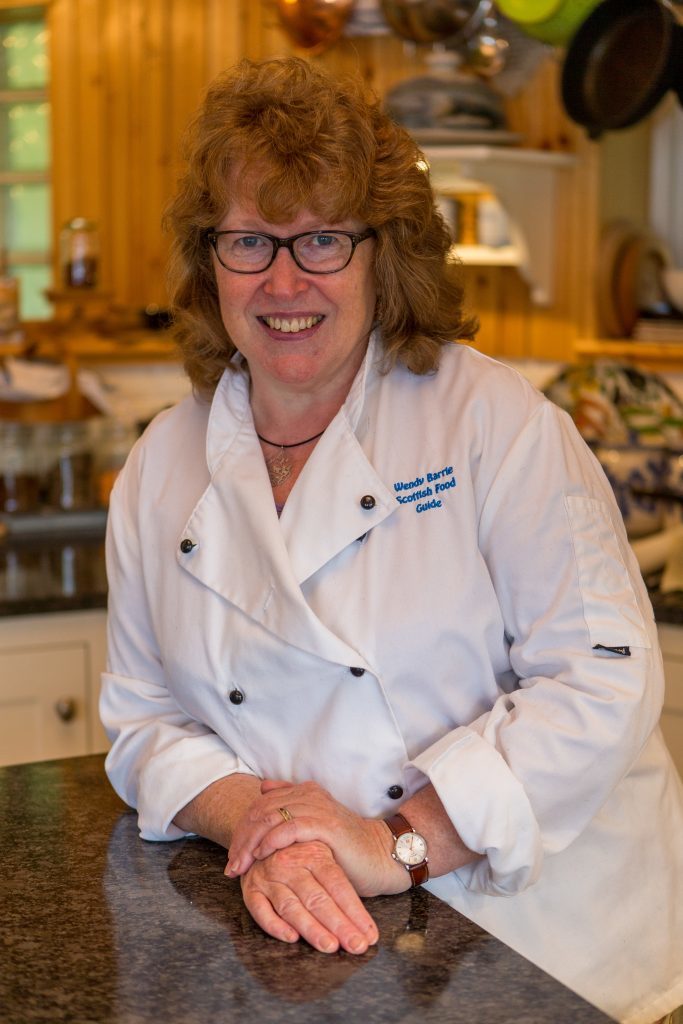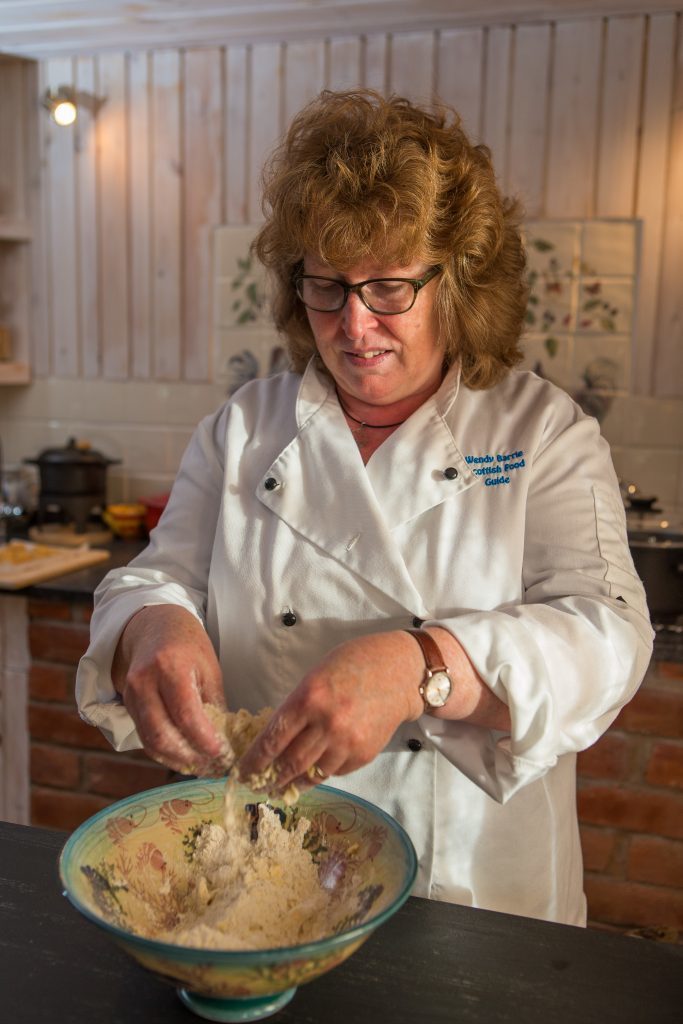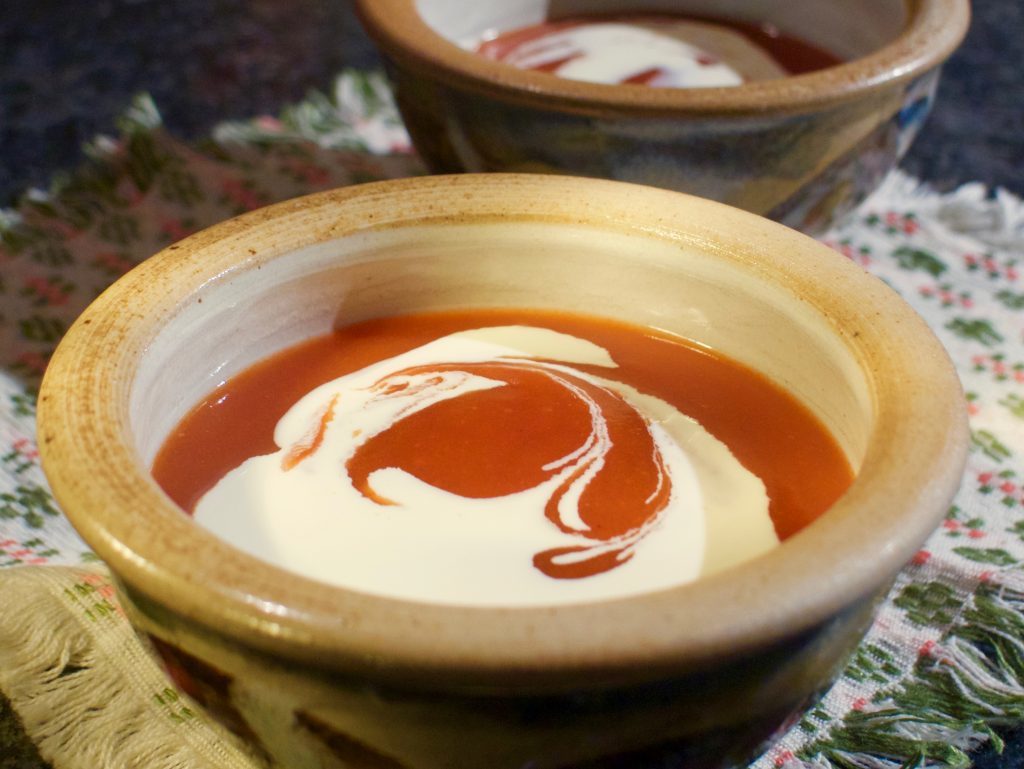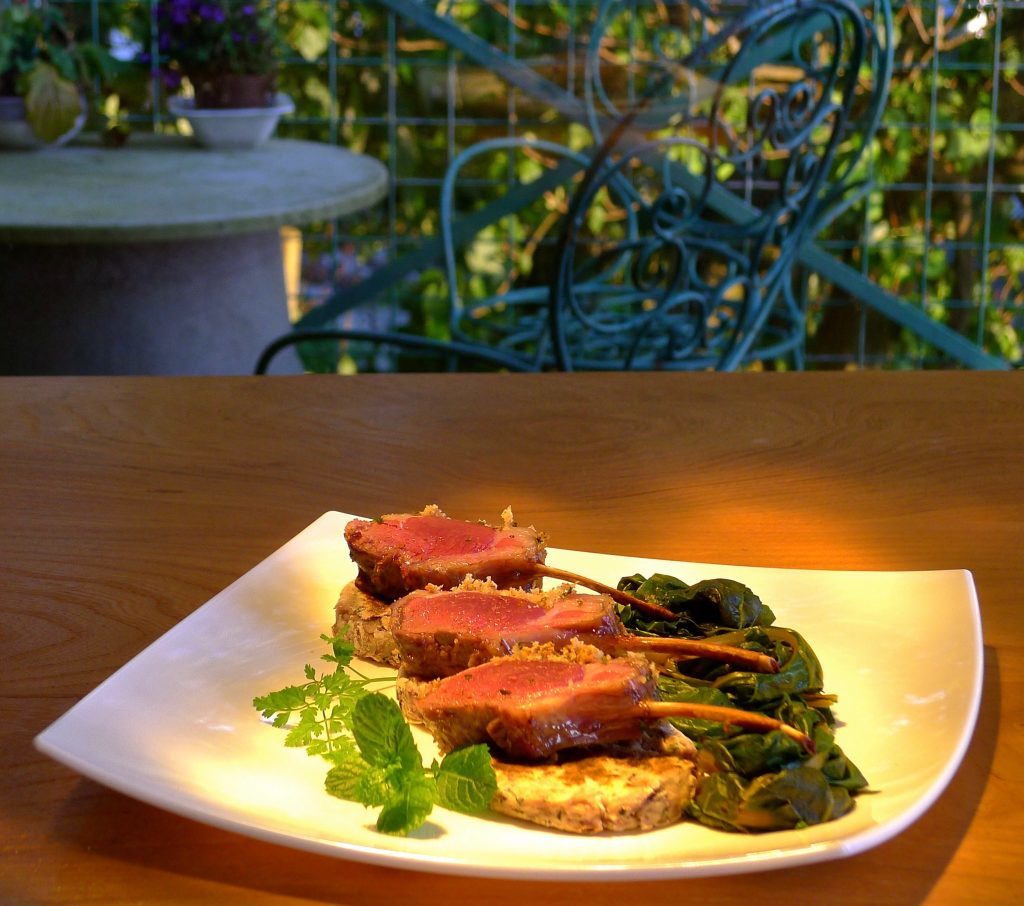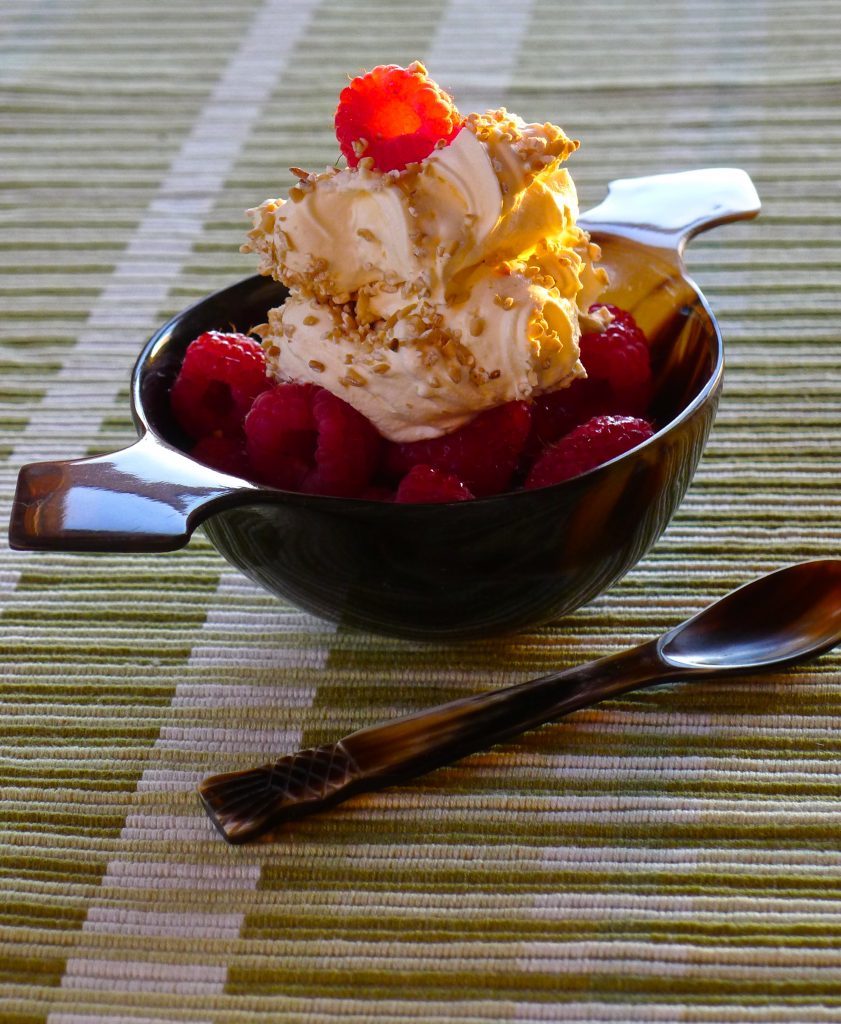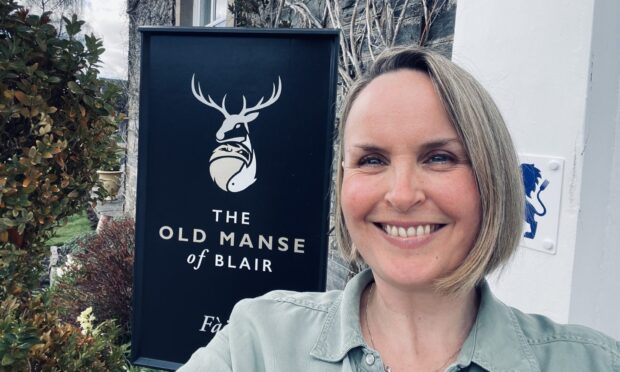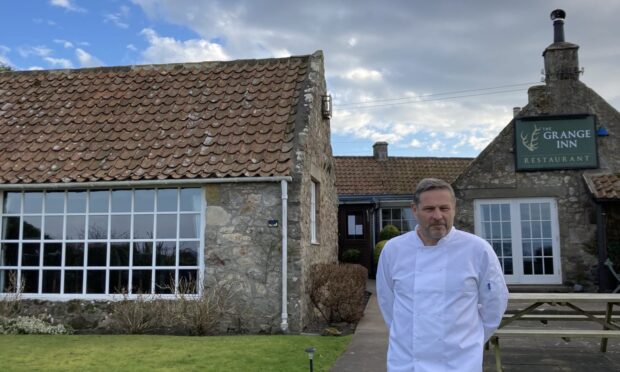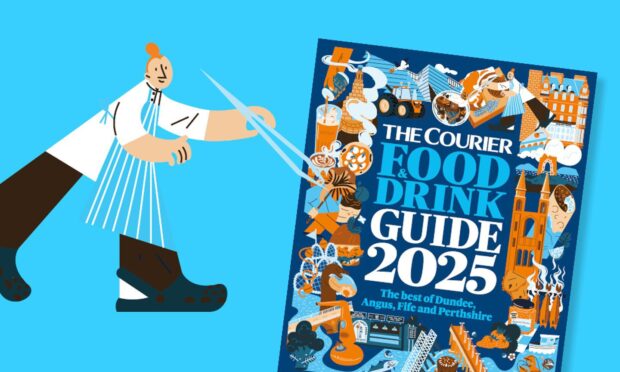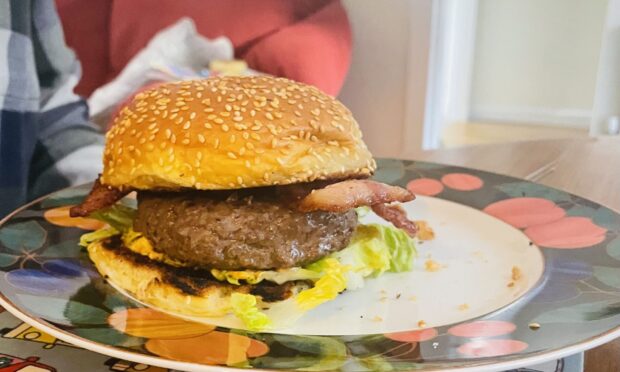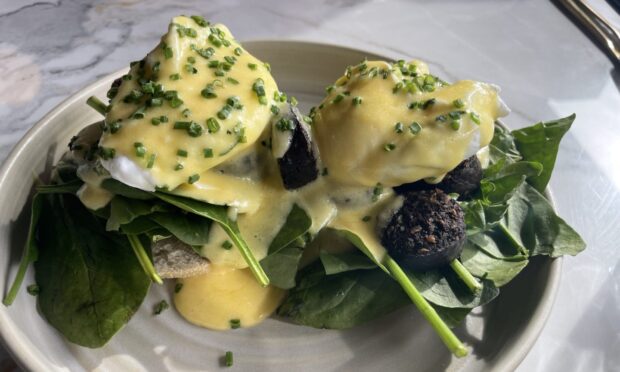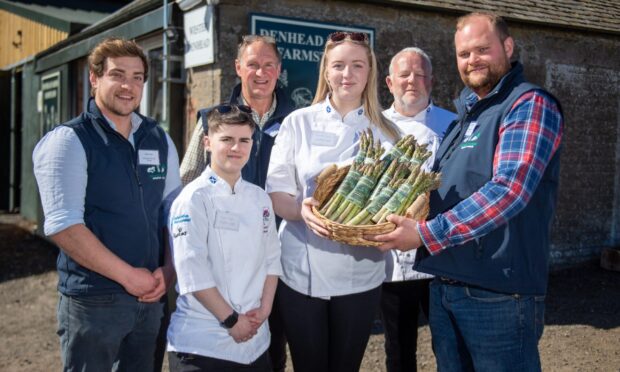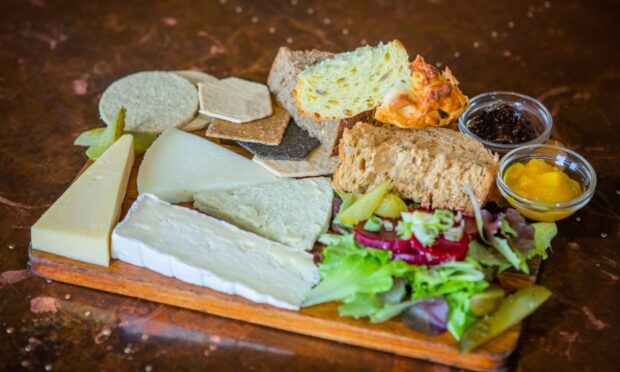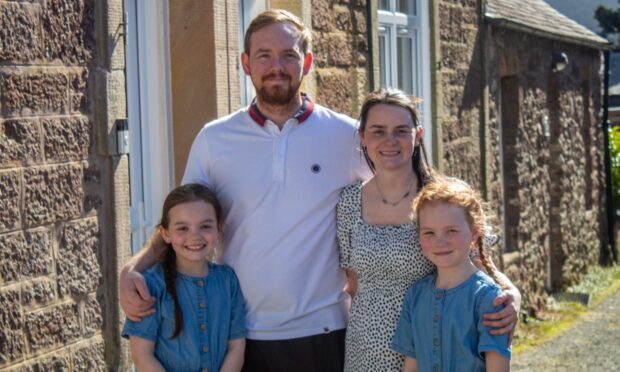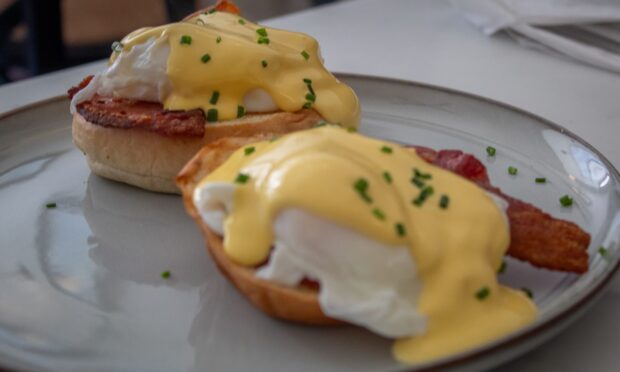Tucked away down a winding coastal path, in the Fife village of Aberdour, lies Elder Cottage. Home to food writer Wendy Barrie and her Swedish husband Bosse, it’s also the base for the Scottish Food Studio.
The founder of two online food guides – the Scottish Food Guide and the Scottish Cheese Trail – Wendy runs workshops from her studio, spreading the word far and wide about the excellence of Scottish artisan produce, something she has been passionate about since her student days at catering college.
“As well as the depths of flavours and incredible range I was also interested in the people behind the produce, their skills and personalities as their road is rarely an easy one to travel,” she explains.
“Over the years I have been drawn to local sustainable produce, heritage foods and been a keen supporter of cooking skills.”
It was back in 2002 when she was presenting cookery shows at a food festival in the Highlands that the seed for a guide to Scottish produce was first sown.
“I realised there was a need for an online platform for both providers and seekers of good food. Scottish Food Guide is an ethical and independent web guide – I travel the country seeking out the best places to eat, chefs who use local produce and, of course, meet producers,” she explains.
“I meet a great many fascinating folk, many of whom I can call friends, and love nothing better than cooking with and promoting high quality local fare.”
Food has played an important part in Wendy’s life since she was tiny. “All my family are from Dundee and my first food memory is ‘Granny Heppie’ making pancakes and placing them under a crisp tea towel to keep them warm,” she recalls.
Today, cooking with the seasons is a vital part of her ethos: “I’m looking forward to the first rhubarb, then later, strawberries; new Ayrshire potatoes, the herring season, autumn game, Christmas ham…” she says. You sense she could go on and on.
“I promote natural local produce and get fed up with constant talk of reformulation and developing breeds. Not to mention initiatives that at first glance seem positive but then prove to have consequences for others.”
Wendy trained as a teacher when she was younger and firmly believes that education is key when it comes to spreading the message about Scotland’s fantastic produce. So, when she and Bosse virtually rebuilt their cottage in 2015, she hit upon the idea of a Food Studio for sustainable cooking courses, food styling and photography.
The aim was to create a unique Nordic-inspired space using natural materials with off grid log stove cooking. Located on Fife Coastal Path, it has panoramic views of Edinburgh and Inchcolm Island.
Now every day is different for Wendy as she explores Scotland’s nooks and crannies when she’s not in the studio.
“I love collaborating with kindred spirits and sharing the message that our fabulous natural produce is good for our health, our environment and our economy.”
But she believes we have a long way to go before we can rest on our foodie laurels. “While the number of artisan cheese makers has increased and our fame for beef and lamb spread, we undervalue much of our delicious seafood,” she points out.
“Many of us are fascinated by mass production and export statistics, while importing foods we could grow here. We need to not only spread the message by way of local food on menus for tourists but also for family meals.”
Her mantra of “eat seasonal, unprocessed and local” sounds simple enough but how to put it into practice?
“Don’t look on cooking as chore – take pleasure in cooking and include friends and family,” she says. “Make extra to be ahead for another day. make the most of farm shops and farmers’ markets or check out a local box scheme. And keep a store cupboard of handy dry goods – pulses, pasta, brown sugar, flour and oatmeal.”
Her passion for promoting Scotland’s produce has earned her the accolade of being a finalist in the Fife Business Awards, in the excellence in food and drink category and, as the show season gets underway, she’ll be demonstrating that passion at Gardening Scotland, where she’s hosting a Scottish Food Guide pavilion, before cooking up a storm at the Royal Highland Show.
It’s no surprise to learn that in her spare time, she is leader for Slow Food Scotland’s Ark of Taste, researching into our forgotten heritage foods.
“Tapping into Bosse’s considerable expertise in heritage farming, we are delving into archives and remote locations to discover Scotland’s hidden pearls. Look out for the treasures to come!”
www.scottishfoodguide.scot
www.scottishcheesetrail.com
www.wendybarrie.co.uk
Wendy’s recipes
Rosehip soup
Serves 4
Ingredients:
400g rosehips
2tbsps soft brown unrefined sugar
3 litres water (in total)
1rounded tbsp potato starch (cornflour can be substituted)
Directions
Gather your rosehips, looking out for ones with good ripe colour but still hard – leave any soft ones for the birds.
Rinse, top and tail them to remove any stalky bits.
Place in a pan along with sugar and 1 litre water and bring to the boil. Boil for 1 hour, adding remaining boiling water from the kettle.
Remove from heat and pass through a sieve to extract the skins and pips.
Return smooth soup to the pan.
Blend potato starch in a glass with sufficient cold water to dissolve and blend into pan. Bring to boil, stirring to thicken.
Taste and adjust sweetness if necessary – it should not be sweet but depending on your variety of rosehips may need a tiny bit more.
Makes approx. 1.5L
Serve warm or chilled in small bowls, with a swirl of cream.
Rack of Holm lamb with wilted greens and rosti
Ingredients:
400g rosehips
2tbsps soft brown unrefined sugar
3 litres water (in total)
1 rounded tbsp potato starch (cornflour can be substituted)
Directions
Gather your rosehips, looking out for ones with good ripe colour but still hard – leave any soft ones for the birds.
Rinse, top and tail them to remove any stalky bits.
Place in a pan along with sugar and 1 litre water and bring to the boil. Boil for 1 hour, adding remaining boiling water from the kettle.
Remove from heat and pass through a sieve to extract the skins and pips.
Return smooth soup to the pan.
Blend potato starch in a glass with sufficient cold water to dissolve and blend into pan. Bring to boil, stirring to thicken.
Taste and adjust sweetness if necessary – it should not be sweet but depending on your variety of rosehips may need a tiny bit more.
Makes approx. 1.5L
Serve warm or chilled in small bowls, with a swirl of cream.
Cranachan
Serves 3-4 depending on glass size
Ingredients
400g rosehips
2tbsps soft brown unrefined sugar
3 litres water (in total)
1rounded tbsp potato starch (cornflour can be substituted)
Directions
Gather your rosehips, looking out for ones with good ripe colour but still hard – leave any soft ones for the birds.
Rinse, top and tail them to remove any stalky bits.
Place in a pan along with sugar and 1 litre water and bring to the boil. Boil for 1 hour, adding remaining boiling water from the kettle.
Remove from heat and pass through a sieve to extract the skins and pips.
Return smooth soup to the pan.
Blend potato starch in a glass with sufficient cold water to dissolve and blend into pan. Bring to boil, stirring to thicken.
Taste and adjust sweetness if necessary – it should not be sweet but depending on your variety of rosehips may need a tiny bit more.
Makes approx. 1.5L
Serve warm or chilled in small bowls, with a swirl of cream.
